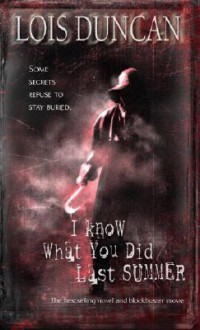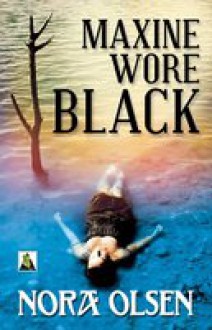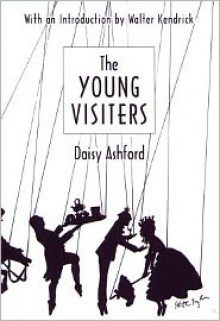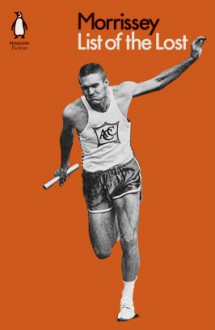
Thanks to NetGalley and to Scribner for providing me with an ARC copy of this book that I freely chose to review.
Sometimes, I’d try to write them down, but they were just bad poems, limping down the page: Training a horse. The next line. Cut with the knees.
It stays with me, a bruise in the memory that hurts when I touch it.
I would throw up everything. All of it: food and bile and stomach and intestines and esophagus, organs all, bones and muscle, until all that was left was skin. And then maybe that could turn inside out, and I wouldn’t be nothing no more. Not this…
“Because we don’t walk no straight lines. It’s all happening at once. All of it. We are all here at once. My mama and daddy and they mamas and daddies.” Mam looks to the wall, closes her eyes. “My son.”
Both of us bow together as Richie goes darker and darker, until he’s a black hole in the middle of the yard, like he done sucked all the light and darkness over them miles, over them years, into him, until he’s burning black, and then he isn’t. There…
“Let’s go,” I say. Knowing that tree is there makes the skin on my back burn, like hundreds of ants are crawling up my spine, seeking tenderness between the bones to bit. I know the boy is there, watching, waving like grass in water.
I decided to start with some quotes (and I would happily quote the whole book, but there would be no point) because I know I could not make its language justice. This is a book about a family, three generations of an African-American family in the South and it has been compared to works by Morrison and Faulkner, and that was what made me request the book as they are among my favourite authors. And then, I kept reading about it and, well, in my opinion, they are not wrong. We have incredible descriptions of life in the South for this rural family (smells, touch, sound, sight, taste, and even the sixth sense too), we have a nightmarish road trip to a prison, with some detours, we have characters that we get to know intimately in their beauty and ugliness, and we have their story and that of many others whose lives have been touched by them.
There are two main narrators, Leonie, a young woman, mother of two children, whose life seems to be on a downward spiral. Her white partner is in prison for cooking Amphetamines, she does drugs as often as she can and lives with her parents, who look after her children, and seems to live denying her true nature and her feelings. Her son, Jojo, is a teenager who has become the main support of the family, looking after his kid sister, Michaela, or Kayla, helping his grandfather and grandmother, rebellious and more grown-up and responsible than his mother and father. Oh, and he hears and understands what animals say, and later on, can also see and communicate with ghosts. His grandmother is also a healer and knows things, although she is riddled with cancer, and his baby sister also seems to have the gift. The third narrator is one of the ghosts, Richie, who before he makes his physical (ghostly?) appearance has been the subject of a story Jojo’s grandfather has been telling him, without ever quite finishing it, seemingly waiting for the right moment to tell him what really happened. When we get to that point, the story is devastating, but so are most of the stories in the novel. Fathers who physically fight with their sons because they love an African-American woman, young men killed because it was not right that a black man win a bet, men imprisoned for being in the wrong place at the wrong time and for being the wrong race… The stories pile up and even the ghosts fight with each other to try and gain a sense of self, to try to belong.
This is magic realism at its best. As I said, the descriptions of the characters, the locations, and the family relationships are compelling and detailed. But there are elements that break the boundaries of realism (yes, the ghosts, and the style of the narration, where we follow interrupted stories, stream of consciousness, and where the living and those who are not really there are given equal weight), and that might make the novel not suitable for everybody. As beautiful as the language is, it is also harsh and raw at times, and incredibly moving.
Although it is short and, for me at least, a page turner, this is not a light read and I’d recommend approaching it with caution if you are particularly sensitive to abuse, violence, drug use, or if you prefer your stories straight, with no otherworldly interferences. Otherwise, check a sample, and do yourselves a favour. Read it. I hadn’t read any of this author’s books before, but I’ll be on the lookout and I’ll try and catch up on her previous work. She is going places.

 Log in with Facebook
Log in with Facebook 












